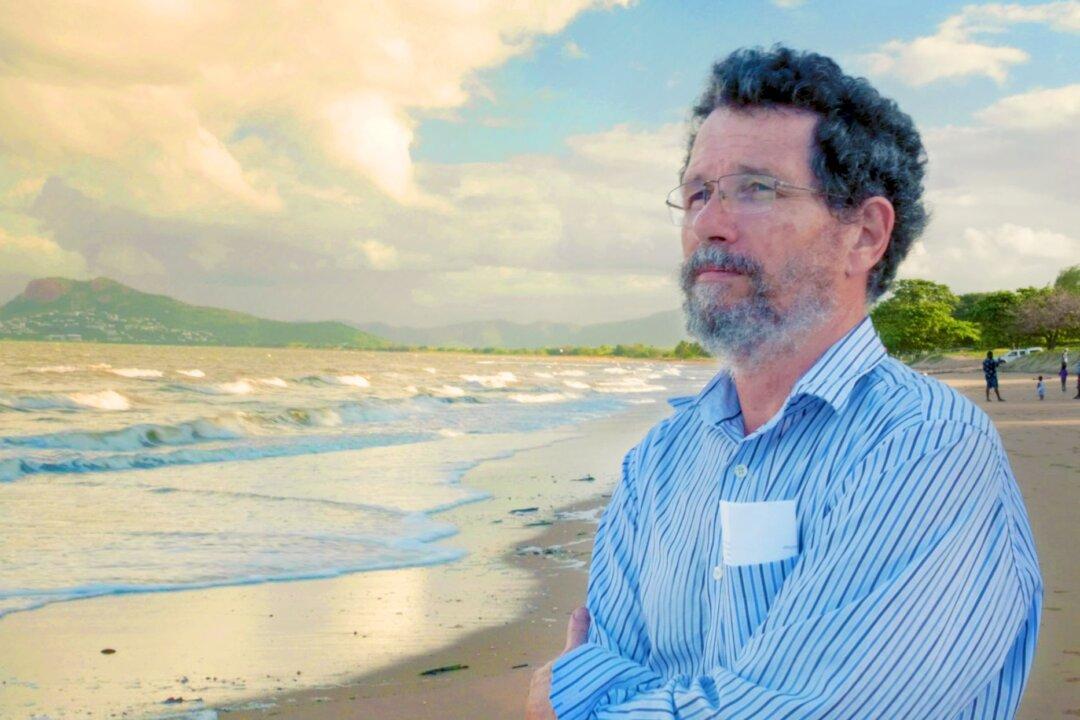A court has awarded Australian academic Dr. Peter Ridd over A$1.2 million ($800,000) in damages after finding the physics professor was unlawfully fired after taking a skeptical stance on some of the impacts of climate change.
In a judgment (pdf) issued on Sept. 6, the Federal Circuit Court of Australia ruled to award Ridd “the sum of 125,000 AUD [$82,000] by way of pecuniary penalty” plus “1,094,214.47 AUD [$750,397.39] as compensation for loss” that the former James Cook University employee suffered at the hands of the educational institution.





